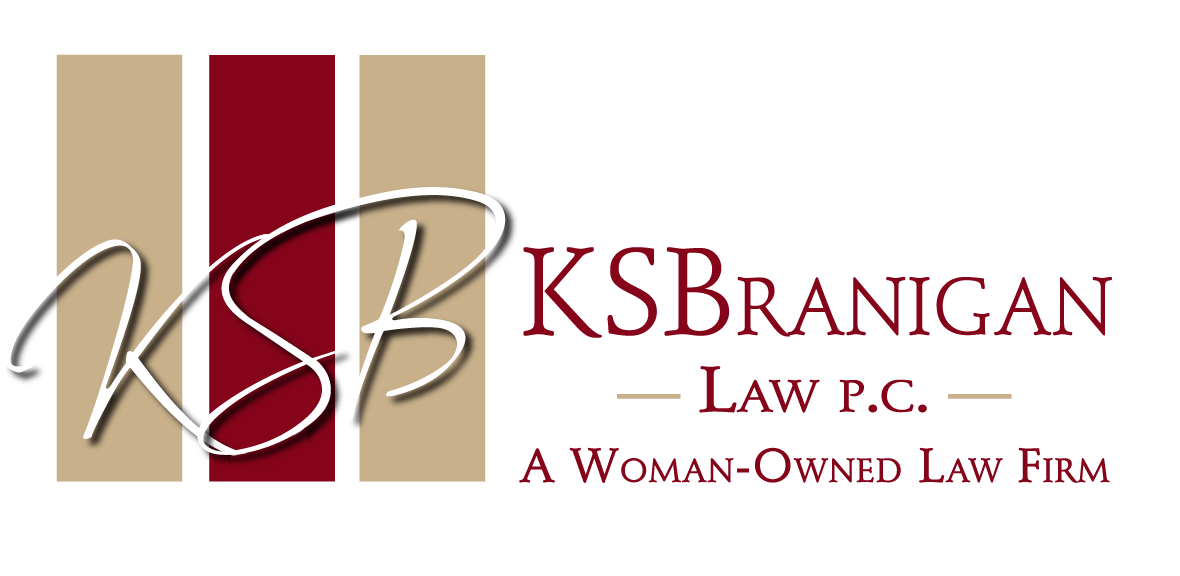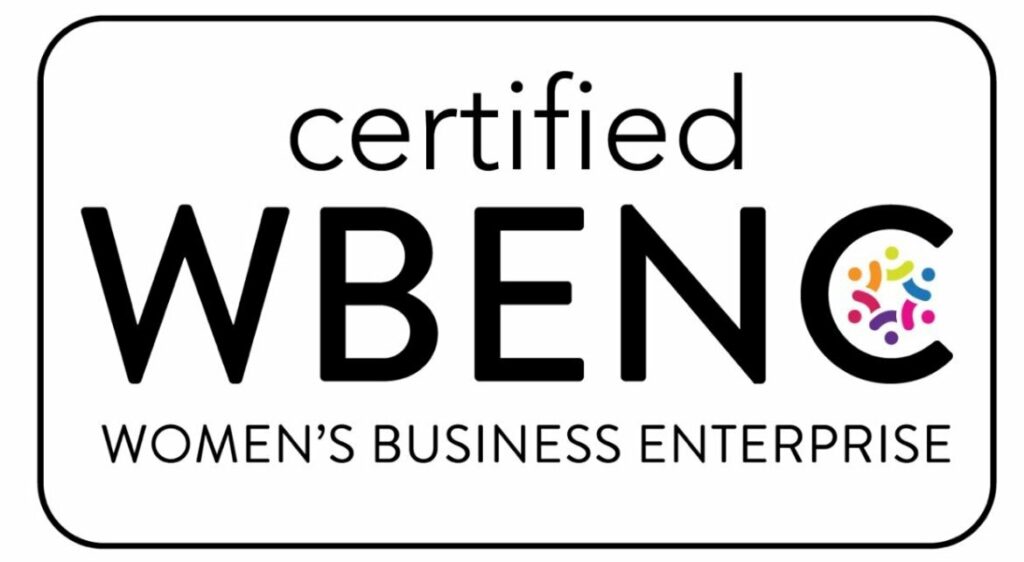On May 28, 2021, the EEOC issued revised and expanded guidance (“Guidance”) for employers and employees with respect to vaccines and workplace accommodations. There are continued considerations under the Americans with Disabilities Act (ADA).
• Mandatory Vaccines
The EEOC reaffirmed that an employer may require all employees physically entering the workplace to receive the COVID-19 vaccine as long as the employer complies with its obligation to provide a reasonable accommodation to an employee who cannot be vaccinated based on a disability or a sincerely-held religious belief.
Accommodation requests should be addressed on a case-by-case basis and managers and supervisors should be trained on how to identify and respond to accommodation requests.
If an employer requires its employees to receive a vaccination administered by the employer or its agent, under the ADA, any pre-screening vaccination questions must be job-related and consistent with business necessity. Employers who vaccinate employees on a voluntary basis do not have to meet this standard.
Additionally, employers who institute a mandatory vaccine policy should ensure that it does not have a disparate impact on employees in a protected class who may face greater barriers to receiving a COVID-19 vaccination than other employees.
• Vaccinations and Individuals Posing a Direct Threat
Under the ADA, an employer may require all employees to meet a qualification standard that is job-related and consistent with business necessity, such as a safety-related standard requiring COVID-19 vaccination. However, if a particular employee cannot meet such a safety-related qualification standard based on a disability, the employer may not require compliance for that employee unless it can demonstrate that the individual would pose a “direct threat” to the health or safety of the employee or others in the workplace. A “direct threat” is a “significant risk of substantial harm” that cannot be eliminated or reduced by reasonable accommodation.
To determine if an employee who is not vaccinated due to a disability poses a “direct threat” in the workplace, an employer first must make an individualized assessment of the employee’s present ability to safely perform the essential functions of the job. The factors that make up this assessment are: (1) the duration of the risk; (2) the nature and severity of the potential harm; (3) the likelihood that the potential harm will occur; and (4) the imminence of the potential harm. If the assessment demonstrates that an employee with a disability who is not vaccinated would pose a direct threat to self or others, the employer must consider whether providing a reasonable accommodation, absent undue hardship, would reduce or eliminate that threat.
• Reasonable Accommodations
The EEOC makes clear that an employer must provide accommodations to employees who cannot be vaccinated, such as providing PPE and face masks, ensuring social distancing measures, offering staggered shifts, subjecting the employee to periodic COVID tests, making changes in the work environment (i.e., ventilation system), allowing the employee to telework, or offering reassignment.
An employer also may need to provide reasonable accommodations to vaccinated employees who have continuing concerns that they face a heightened risk of severe illness or are immunocompromised. Upon receipt of an accommodation request, an employer must engage in the interactive process including seeking information from the employee’s health care provider with the employee’s consent explaining why an accommodation is needed.
Under Title VII, some employees may seek job adjustments or may request exemptions from a COVID-19 vaccination requirement due to pregnancy. If an employee seeks an exemption from a vaccine requirement due to pregnancy, the employer must make sure not to discriminate against the employee as compared to other non-pregnant employees “similar in their ability or inability to work.” Thus, a pregnant employee may be entitled to job modifications, including telework, changes to work schedules or assignments, and leave to the extent such modifications are provided for other employees who are similar in their ability or inability to work.
• Confidentiality of Information
The EEOC clarifies that information regarding an employee’s COVID-19 vaccine status constitutes confidential medication information under the ADA. While an employer may request or require vaccine confirmation from employees, it must keep this information confidential and separate from an employee’s personnel file.
• Vaccination Incentives
An employer may promote vaccines by educating employees and their families about the benefits of the vaccine and addressing common questions and concerns.
o Under Americans with Disability Act (“ADA”)
An employer may offer an incentive to employees to voluntarily provide documentation or other confirmation of a vaccination received in the community as this is not a disability-related inquiry covered by the ADA. If an incentive is offered (a reward or a penalty), it must not be so substantial as to be coercive such that employees would feel pressured to disclose protected information. However, this incentive limitation does not apply if an employer offers an incentive to employees to voluntarily provide documentation or other confirmation that they received a COVID-19 vaccination on their own.
o Under Genetic Information Nondiscrimination Act (“GINA”)
It is not a violation of GINA to require an employee to receive a COVID-19 vaccination administered by the employer or its agent unless the pre-vaccination medical screening questions include questions about the employee’s genetic information (i.e., the employee’s family medical history). As a general matter, the act of administering a COVID-19 vaccine complies with GINA because it does not involve the use of the employee’s genetic information to make employment decisions or the acquisition or disclosure of genetic information. Similarly, it is not a violation of GINA to require an employee to present documentation regarding the confirmation of vaccination from a doctor, pharmacy or other third party.
Under GINA, an employer may offer an incentive to employees to provide documentation or other confirmation from a third party (e.g., a pharmacy or health department) that employees or their family members have been vaccinated. An employer may also offer an incentive to employees for getting vaccinated by the employer or its agent, as long as an employer does not acquire genetic information while administering the vaccine.
Employers may not offer incentives for family members of employees to receive the vaccine from the employer or its agent, because it would require the vaccinator to ask the family member the pre-vaccination medical screening questions. However, employers may provide vaccines to employees’ family members without offering incentives to employees. Further, employers must not require employees to have their family members vaccinated and must not penalize employees if their family members decide not to get vaccinated.
Conclusion
As COVID-19 infection rates continue to fall, businesses and workplaces open up, and vaccines become more widespread, employers and employees need to understand the implications of this new Federal and State guidance. It is imperative to stay apprised of new developments since the requirements are undergoing rapid changes.
This summary is for informational purposes only and is not intended to constitute legal advice. This information should not be reused without permission.


